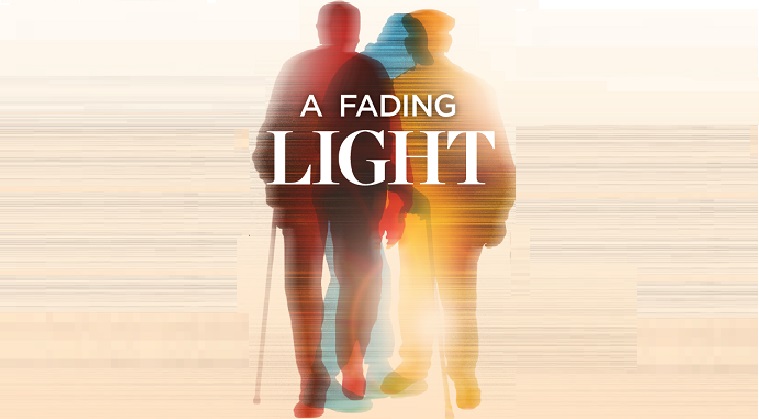A Fading Light: Chapter 8

On two separate days, a few months apart, I arrived at the facility to hear devastating news

T
he topic of self-care for the caregiver may seem like a nonstarter: Which caregiver has time to care for her- or himself? When people told me I should do this, I thought they were well-meaning but clueless. Taking care of myself was a luxury I could ill afford.
I saw doctors a few times about symptoms that seemed truly alarming, but most of the time, I attributed those symptoms to stress, worry, and exhaustion, and pretty much ignored them. There was too much else to do.
Taking care of myself — which should have included more attention to physical ailments, eating a healthier diet, exercising, and sleeping more — was far down on my to-do list. Like all caregivers, I practiced triage, prioritizing the needs of my husband z”l, which always seemed more pressing than my own and demanded my immediate attention.
On one memorable occasion, I woke up in the middle of the night with numbness on the left side of my body, but I hesitated to go to the emergency room because of my concerns about how this would impact my husband.
Yes, I was afraid that I might be having a stroke, but I was also worried that if I were hospitalized, my husband would be confused and agitated, and worried about who would care for him. After several hours of agonizing about the best course to take, I felt the numbness taper off, and eventually it disappeared entirely.
Clearly, my behavior was not rational, but in some ways it was typical of how caregivers put the needs of those they care for ahead of their own.
When my husband was living in a facility, I became friends with two women who visited their spouses every day. We were part of a small group that spent time together most afternoons in the living room area, drinking coffee and creating a little social circle with our husbands. Bonding over our shared experiences and concerns, we confided in and supported one another.
On two separate days, a few months apart, I arrived at the facility to hear devastating news. Each of these women had suffered fatal heart attacks. They were fit and much younger than their spouses — Judith always biked the eight miles to the facility rather than take the train — yet they predeceased them. Judith’s husband, who was very ill at the time, died about a week after she did, and I spent a lot of time during those intervening days sitting at his bedside, thinking about what had happened.
I’m obviously in no position to know what caused these women’s deaths, but it’s common knowledge that stress can bring on cardiac issues. I’d heard more than one story about seemingly healthy spouses dying a few days or weeks after being widowed, but this was the first time I learned of those spouses dying first. Still, it does make sense: If stress is as widespread among caregivers as it is among grievers, as I have often suggested it is, then elevated levels of stress hormones have an impact on caregivers as well.
(Excerpted from Family First, Issue 646)
Oops! We could not locate your form.


